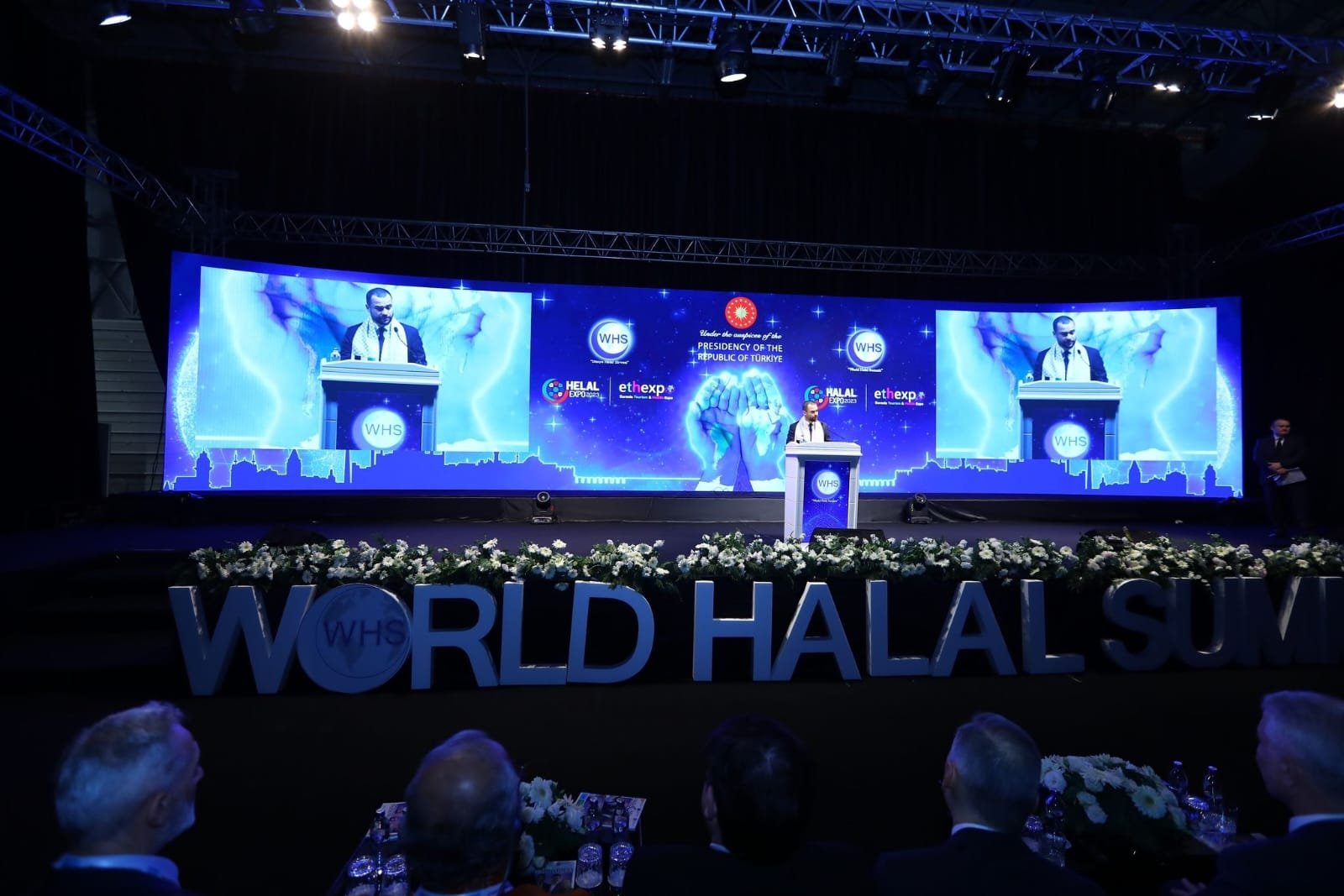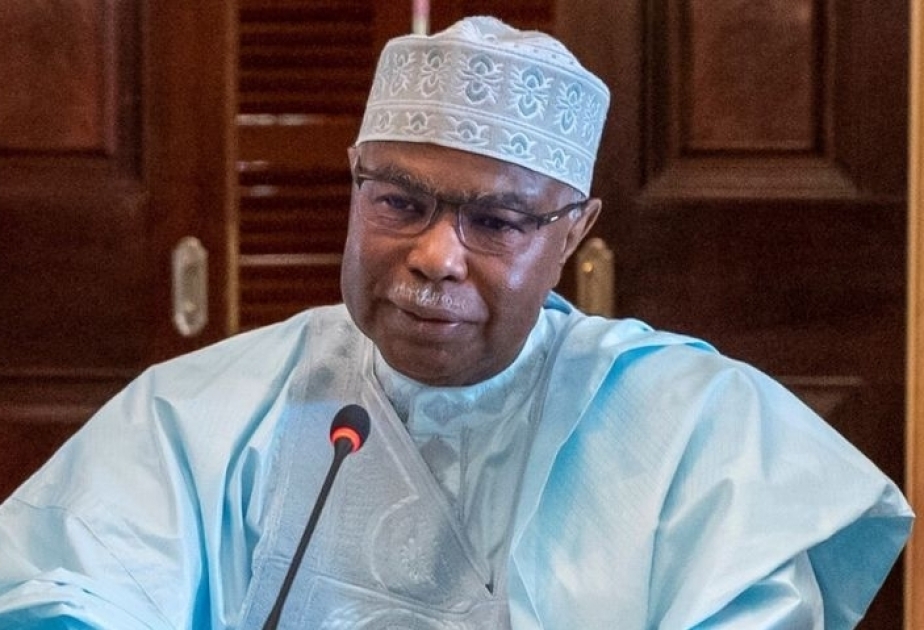The 9th World Halal Summit, organized in Istanbul with the theme “Gateway to the Global Halal Economy: Recognize and Unleash the Potential,” concluded its third day with a series of panels discussing the analysis of halal foods, digitalization in the halal market and the quality of halal living with artificial intelligence.
Fifteen speakers from countries such as Pakistan, Malaysia, the United Kingdom, Argentina and Russia participated in three sessions, sharing their experiences and activities on topics regarding the halal market products and their testing.
During the sessions, it was emphasized that if artificial intelligence (AI) becomes monopolized, the halal market would suffer. The sessions also highlighted the need for rapid digitalization of the halal industry, citing the lack of education as one of the biggest obstacles to its development.
The first panel, titled “Halal Product Tests and Analyses,” moderated by Dr. Burhanettin Yalçinkaya from the National Metrology Institute of the Scientific and Technological Research Council of Türkiye (TÜBITAK UME), featured a presentation by professor Syed Ghulam Müserref from the Chemistry Research Institute at Karachi University in Pakistan.
He detailed the testing methods for halal products, emphasizing the effectiveness of 3D mapping and NGS-based methods in distinguishing pork DNA.
Raafqi Ranasasmita, corporate secretary director of LPPOM MUI, a halal inspection agency in Indonesia, warned that the DNA of halal foods could be compromised under pressure, heat or radiation. He cautioned about the risk of consuming non-halal food if the product fails the DNA test, highlighting the need for reliable and repeatable test sensitivity.
Dr. Can Türk from Lokman Hekim University’s Center for Halal Product Application and Research on the other hand emphasized that chemical synthesis is one of the best methods for halal analysis.
In the panel “Global Halal Digitalization and Innovation Artificial Intelligence,” moderated by professor Ibrahim Güran Yumusak from Istanbul Sabahattin Zaim University, Dr. Firdaus Fanny Putera Perdana from the International Islamic University in Malaysia presented research results on the use of technology in the halal sector in Malaysia.
He noted that 90% of participants believe that technological solutions are reliable for solving issues in the halal sector and that digitalization is necessary.
Dr. Nazim Zaman from Al-Akram Trust in the U.K. expressed concerns about the monopolization of AI and social media in the development of technology. He urged international organizations to recognize the need for Muslim involvement in AI development, emphasizing the importance of developing their own technology.
The final panel, titled “Halal Quality of Life,” moderated by Ihsan Övüt, secretary-general of the Standards and Metrology Institute for the Islamic Countries (SMIIC), featured Melody Amal Khalil Kabalan from the International Relations Department and Co-Director of Argentina Halal Catering.
Kabalan stressed the need to distinguish between halal and haram (anything that is forbidden by Islamic law) for the fair living of the world’s 2 billion Muslim population, emphasizing the importance of halal education to prevent the sale of fake halal-certified products.




